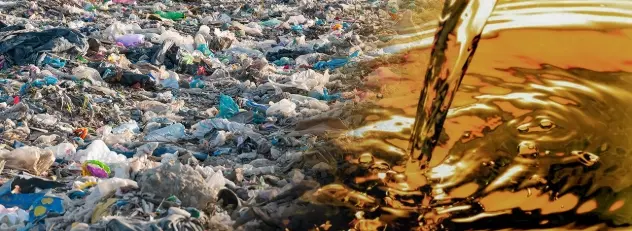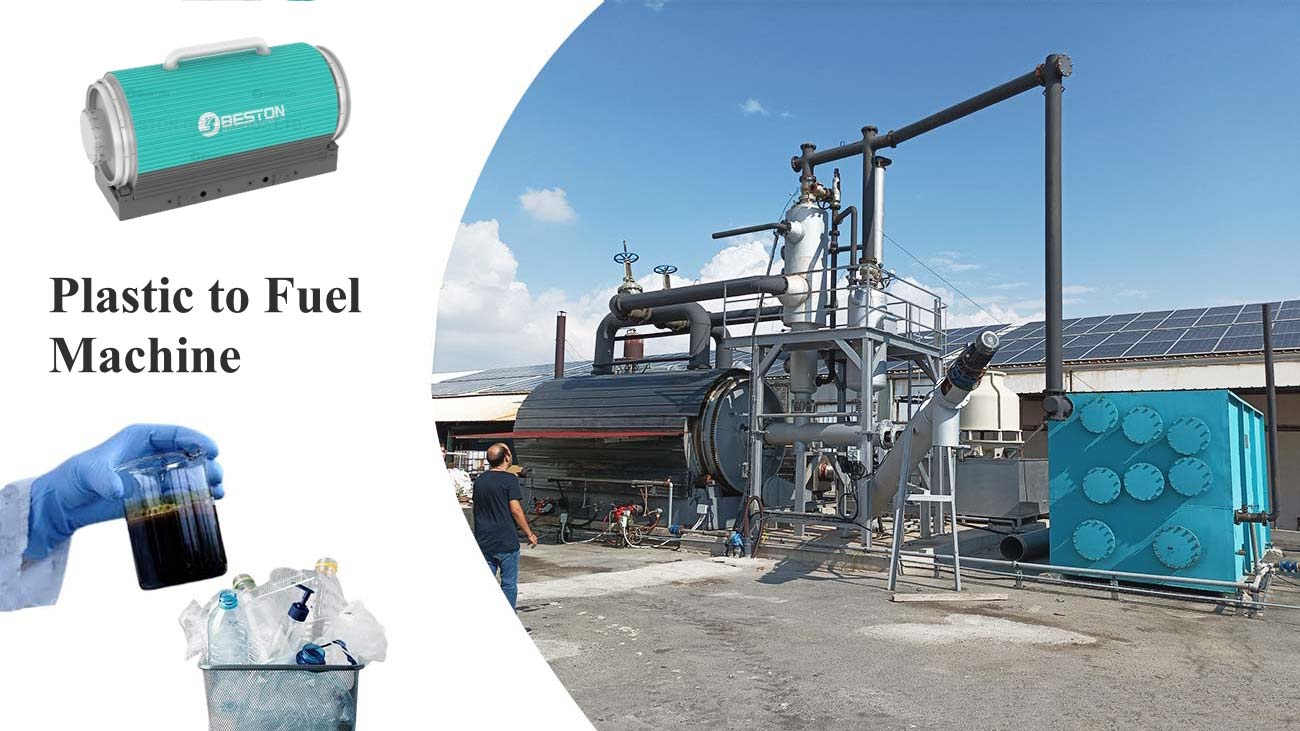Why Can Plastic Be Converted to Oil?
Plastics are primarily composed of hydrocarbons, which are derived from petroleum. These hydrocarbons can be broken down and reprocessed into a form that resembles crude oil, making it possible to convert plastic waste into fuel oil. The process of converting plastic to fuel oil leverages the inherent petroleum content in plastics, providing an efficient way to recycle and repurpose waste materials.

Benefits of Converting Plastic to Oil
Plastic into oil machine offers numerous environmental and economic benefits:
- Reduction in Plastic Waste: This process helps mitigate the massive accumulation of plastic waste in landfills and oceans, addressing a critical environmental issue.
- Resource Recovery: Plastic waste is transformed into a valuable resource, reducing the reliance on fossil fuels and promoting circular economy principles.
- Energy Production: The fuel oil produced can be used for various energy needs, providing an alternative to traditional fossil fuels.
- Economic Benefits: The process can create new economic opportunities in recycling industries, leading to job creation and technological advancements.
The Principle of Converting Plastic to Fuel Oil
The process of converting plastic to fuel oil is primarily based on a technique called pyrolysis (usually called plastic to fuel machine). Pyrolysis involves heating plastic waste in the absence of oxygen, which causes the long hydrocarbon chains in the plastic to break down into smaller molecules. This results in the formation of liquid oil, gas, and char. The liquid oil can be further refined to produce high-quality fuel oil.
During pyrolysis, the plastic waste is subjected to temperatures ranging from 300°C to 500°C in a controlled environment. The absence of oxygen prevents combustion and allows for the thermal decomposition of plastic into its constituent components. The resulting fuel oil can be separated and collected for further use.
Current Pyrolysis Technologies and Equipment
There are several advanced pyrolysis technologies and equipment available for converting plastic to fuel oil. These technologies vary in terms of efficiency, scalability, and environmental impact. Some of the key technologies include:
- Batch Pyrolysis Plants: These are small pyrolysis machines suitable for processing smaller quantities of plastic waste. They operate in batches and are ideal for localized waste management solutions.
- Continuous Pyrolysis Plants: These plants are designed for large-scale operations and can process significant amounts of plastic waste continuously. They are highly efficient and can operate non-stop, making them suitable for industrial applications.
- Mobile Pyrolysis Units: These units are designed for flexibility and mobility, allowing for on-site processing of plastic waste. They are particularly useful in remote areas or locations with limited access to centralized facilities.

Future Prospects of Converting Plastic to Fuel Oil
The conversion of plastic to fuel oil holds great promise for various sectors, including transportation, industrial fuel, and power generation:
Transportation
Fuel oil derived from plastic can be used as an alternative to conventional fuels in the transportation sector. This can help reduce the dependence on fossil fuels and lower greenhouse gas emissions, contributing to a more sustainable and eco-friendly transportation system.
Industrial Fuel
Industries can utilize fuel oil derived from plastic waste as an energy source for heating, power generation, and other industrial processes. This provides a cost-effective and environmentally friendly alternative to traditional industrial fuels.
Power Generation
Fuel oil produced from plastic can be used in power plants to generate electricity. This not only helps in managing plastic waste but also contributes to the production of clean energy, supporting the transition to a low-carbon energy system.
Conclusion
The conversion of plastic to fuel oil through pyrolysis (plastic pyrolysis process) offers a viable solution to the growing plastic waste problem. By leveraging advanced technologies and innovative approaches, we can transform plastic waste into a valuable resource, promoting sustainability and environmental stewardship. The future prospects of this technology are promising, with potential applications across various sectors, driving both economic and environmental benefits.